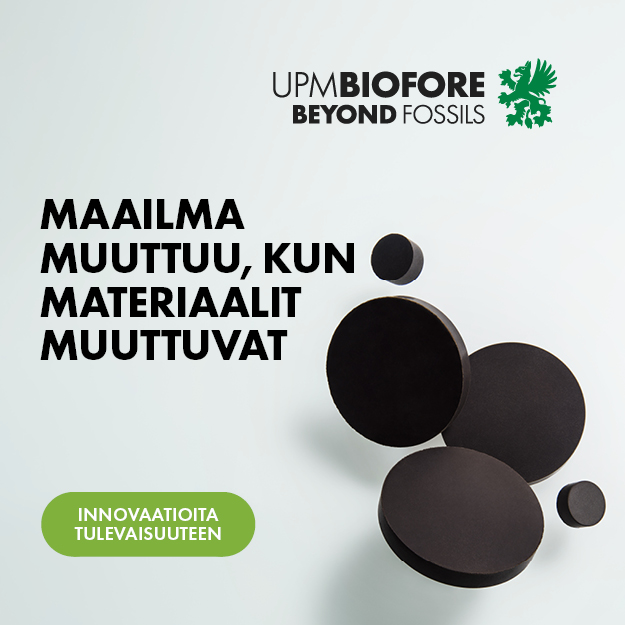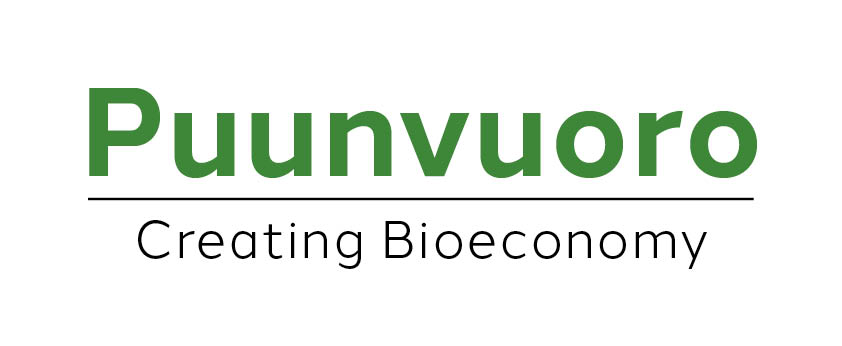Bioeconomy startups have the potential to solve the major challenges of our time, but the operations require a lot of funding.
What does it look like now, Chief Economist Youssef Zad of the Finnish Startup Community?
The nine-year funding growth period ended on a high note in 2022. Since then, the rapid rise in interest rates, in particular, has put a price on money again. This means that investments that have previously been considered profitable are no longer so. The availability of funding has deteriorated. Initial seed funding is available, but the financing for latter stages is scarce. And even though there is more domestic funding available than ever before, I would still say that Finnish funds are by no means able to compensate for large financing rounds as foreign investors are at least temporarily scaling down their investments.
How do your members view the challenges of growth?
It is precisely the availability of funding that, according to startups, is the biggest single obstacle to growth at the moment. According to our latest startup barometer from the last quarter of 2023, this is a concern for 45% of respondents. Belief in the general financial situation and the respondent’s own company’s finances has also deteriorated slightly. Another major concern is the scarcity or outright shortage of skilled labour. Around 34% of the respondents considered it to be the most important challenge for their business.
What is the situation of startups linked specifically to the bioeconomy?
Startups in bioeconomy and circular economy already have a lot to offer and will continue to do so in the near future. Investors also understand their value, as these companies have clear solutions to the major issues of our time from climatic and environmental solutions to new bio-based materials.
The challenge, however, is that operating in bioeconomy and circular economy often requires quite large financial investments, right from the beginning of business.
It is a different matter to get funding for an IT company, for example, whose production mainly requires laptops, than for a company that needs industrial-scale processes for its operations. The same applies, of course, to other startups than those operating in the process industry, bioeconomy and the forest industry. As I mentioned earlier, early stage funding is still very much available. However, the sums in subsequent financing rounds are typically at least tens of millions. The journey from the laboratory through pilot and demo facilities to the industrial scale is long and expensive and still proves to be a valley of death for many startups.
Youssef Zad
Chief Economist
Finnish Startup Community




